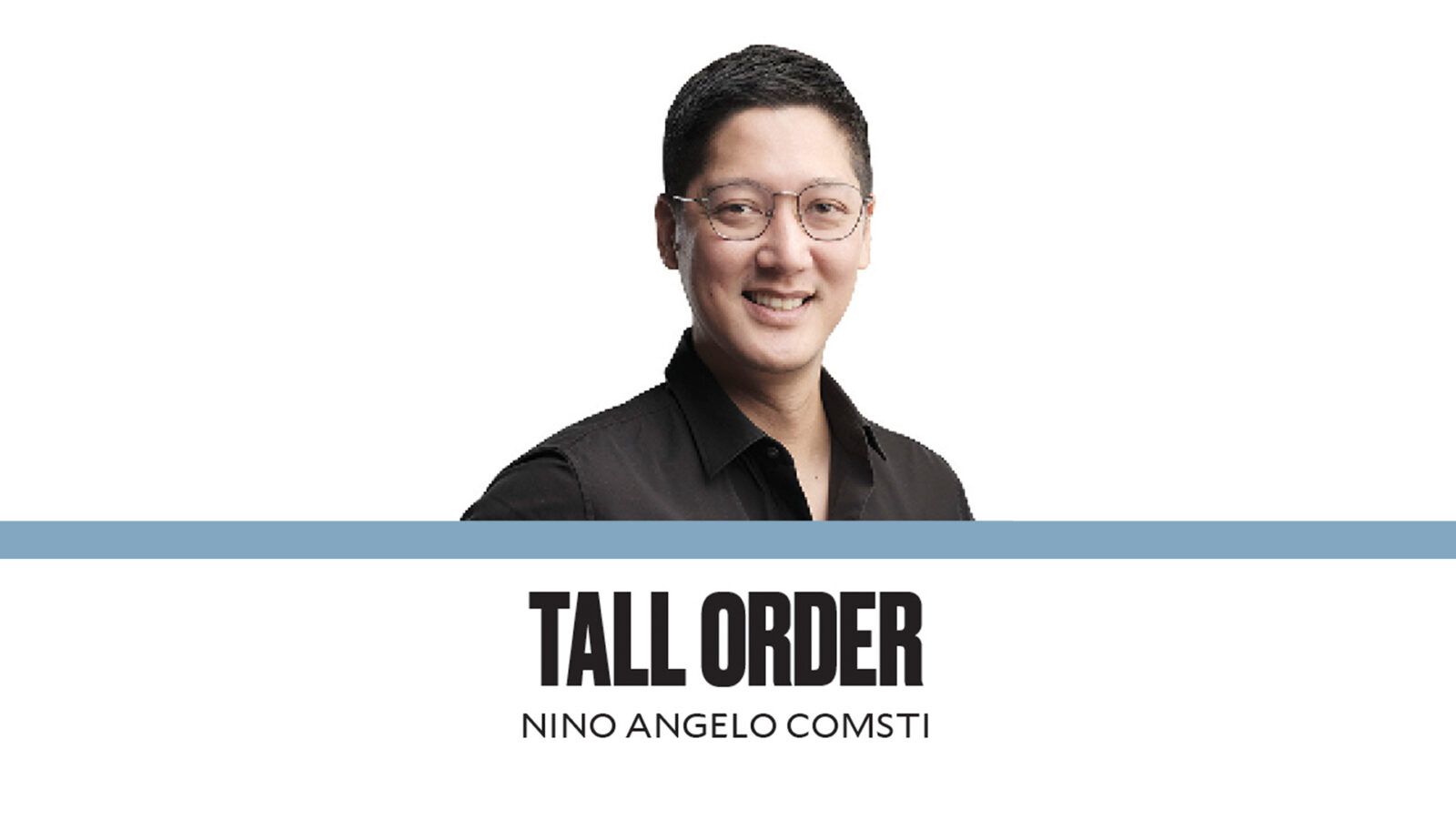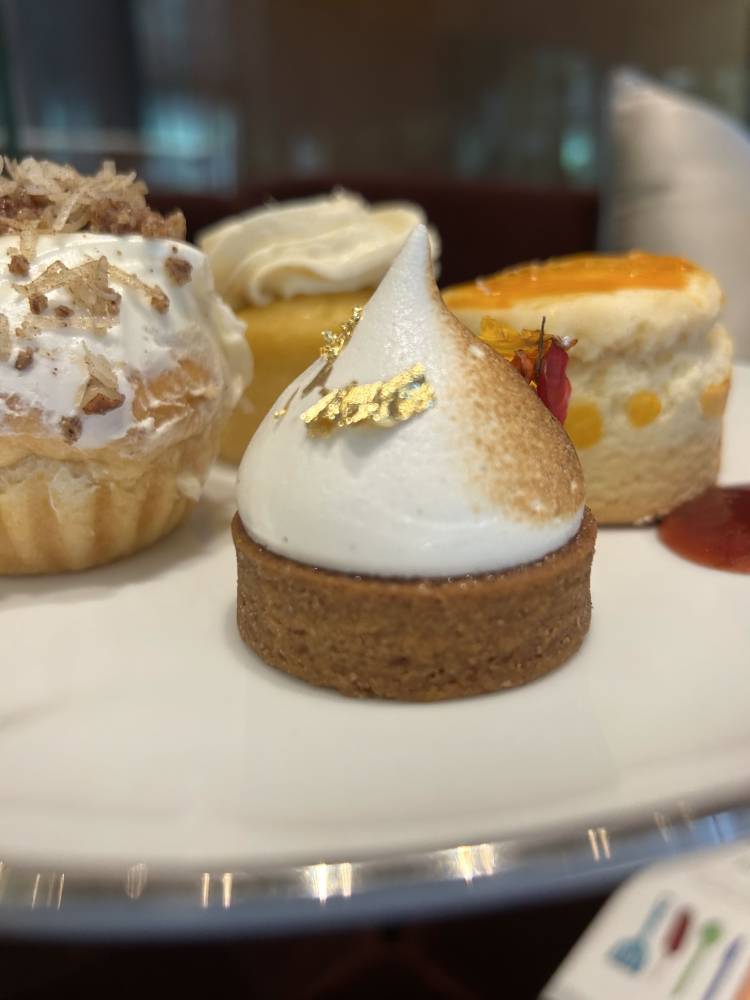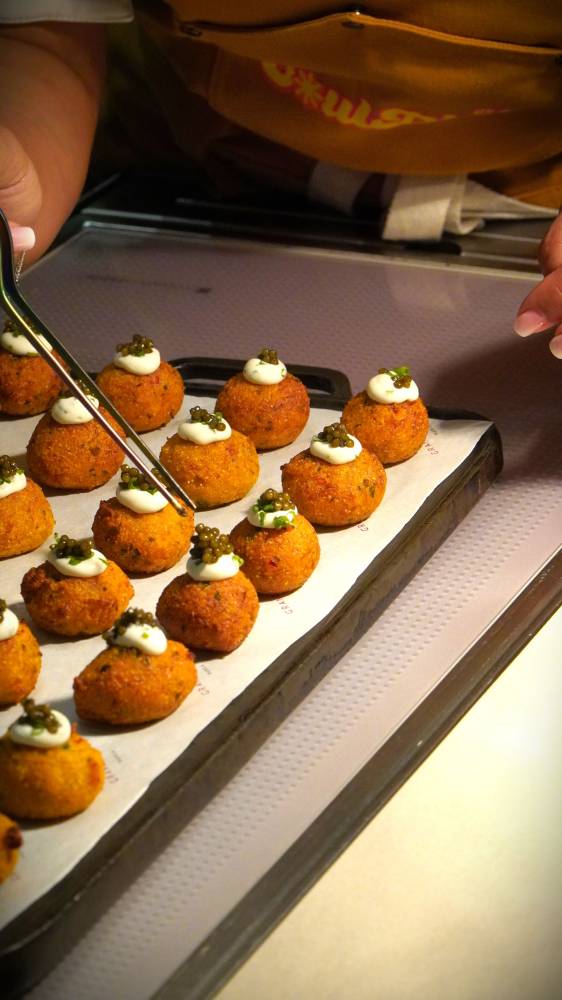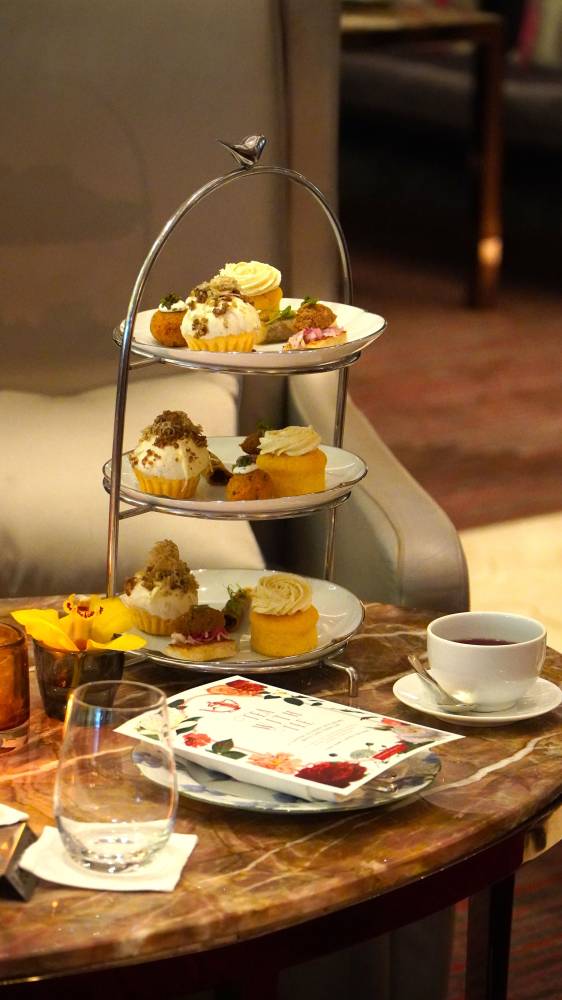By Fr. Roy Cimagala
Chaplain
Center for Industrial Technology and Enterprise (CITE)
Talamban, Cebu City
Email: roycimagala@gmail.com
THIS should always be our normal state of mind. This is not a matter of paranoia or that of overacting. This is to be very realistic about our life here on earth. We have to realize that we have to contend with many challenges and trials, difficulties and all kinds of issues. To top it all, we have to contend with our real enemies which are our wounded flesh, the sinful allurements of the world and the tricks of the devil.
In a sense, we should always be prepared to do battle, properly equipped and with a go-go attitude. To be sure, this does not go against our naturalness. Rather, it purifies our natural ways and elevates them to where they should be, that is, to be with God and not just to be by ourselves. It is in this state that we can allow the Holy Spirit to work on us, giving us a strong reason to be hopeful amid the drama of our life here on earth. (cfr. Jn 15,26-16-4)
For this, we are actually given all the means, both natural and supernatural, material and spiritual. We should just train ourselves to be always on the alert, aware of what our life is all about, what means are provided for us, what recourse we can make in cases where we find ourselves in difficult situations or, worse, when we fall, hopefully only temporarily.
Yes, we have to always learn how to be vigilant. That is why the Bible is full of reminders about this need. “Be watchful,” St. Paul says, for example, “stand firm in the faith, act like men, be strong. Let all that you do be done in love.” (1 Cor 16,13) St. Paul
practically has given us a good program of how it is to be watchful always.
We are familiar with Christ’s admonitions. “You also must be ready, for the Son of Man is coming at an hour you do not expect,” he said. (Mt 24,44) In another instance, he said, “Watch and pray so that you will not fall into temptation. The spirit is willing, but the flesh is weak.” (Mt 26,41)
Let’s learn the appropriate skills and art of being watchful both in good times and in bad times and also in ordinary times when things appear to be neutral yet. Let’s sharpen our skill in examining our conscience, in reading the signs of the times, in assessing the different circumstances of the day, etc.
We really have to learn how to be always on the alert because nowadays not only bad things separate us from God, but also good things. Take the case of the new wonders of the digital world. In themselves they are not bad. They are good. They offer many practical uses. And they generate a seemingly self-propelled force to discover more potentials and possibilities that look endless.
But precisely because of this character, the digital charm can intoxicate us. We can get so entrapped in its technological and pragmatic loop that instead of living with God, we would simply be living by ourselves, exclusively seeking our own interests instead of seeking God.
That is why it is good to be reminded of the virtue of temperance. To be vigilant, to keep our music with God playing, we need to practice restraint and moderation in the use of material and earthly things, no matter how good in themselves they may be.
.jpg)











